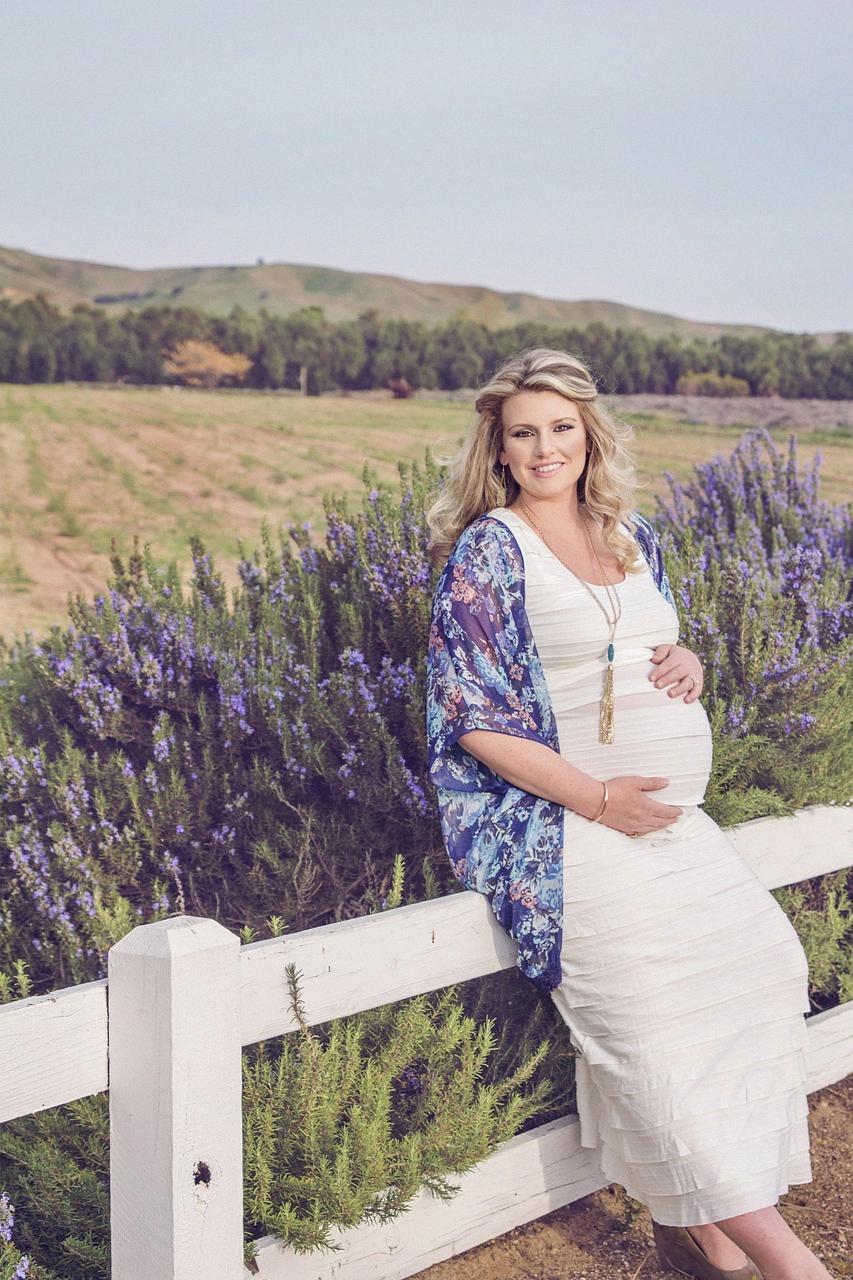When it comes to the question of pregnancy and menstruation, there is a common misconception that getting your period means you are not able to get pregnant. However, this is not entirely true. To understand this, we need to delve into the intricacies of the menstrual cycle and fertility.
Menstrual Cycle Basics
The menstrual cycle typically lasts around 28 days and is divided into several phases, including menstruation, follicular phase, ovulation, and luteal phase. During menstruation, the uterine lining sheds, resulting in bleeding, which usually lasts around 3 to 7 days.
Ovulation and Fertility
Ovulation is the process in which an egg is released from the ovary and is available to be fertilized by sperm. This usually occurs around the middle of the menstrual cycle. The fertile window is considered to be a few days before ovulation and the day of ovulation itself.
Potential Risk of Pregnancy
While the likelihood of getting pregnant during menstruation is relatively low, it is not impossible. Sperm can survive in the female reproductive tract for up to five days, so if you have a short menstrual cycle or early ovulation, there is a chance of sperm still being viable when you ovulate.
Factors Affecting Pregnancy Risk
Several factors can influence the risk of pregnancy during menstruation, including the length of your menstrual cycle, the regularity of your cycle, and the lifespan of sperm. Every woman’s body is unique, and fertility can vary from person to person.
First-Time Period and Pregnancy
For young girls who have just started menstruating, it is essential to understand that pregnancy can still occur even if it is their first period. The reproductive system may be fertile before the first menstruation, making it crucial to use protection if engaging in sexual activity.
Unpredictability of Menstrual Cycles
Menstrual cycles can sometimes be unpredictable, and ovulation may occur earlier or later than expected. This variability can increase the risk of pregnancy if unprotected intercourse happens around the time of ovulation.
Importance of Contraception
To prevent unwanted pregnancies, it is crucial to use contraception consistently and correctly. Condoms, birth control pills, intrauterine devices (IUDs), and other forms of contraception can help reduce the risk of pregnancy regardless of the menstrual cycle phase.
Consulting a Healthcare Provider
If you have concerns about pregnancy risk during your period or any other time in your cycle, it is advisable to consult a healthcare provider. They can provide personalized advice based on your unique situation and help you choose the most suitable contraceptive method.
Final Thoughts
In conclusion, while the chances of getting pregnant during menstruation are lower compared to the fertile window, it is not impossible. Understanding your menstrual cycle, practicing safe sex, and using contraception consistently are essential steps to prevent unplanned pregnancies and protect your reproductive health.

